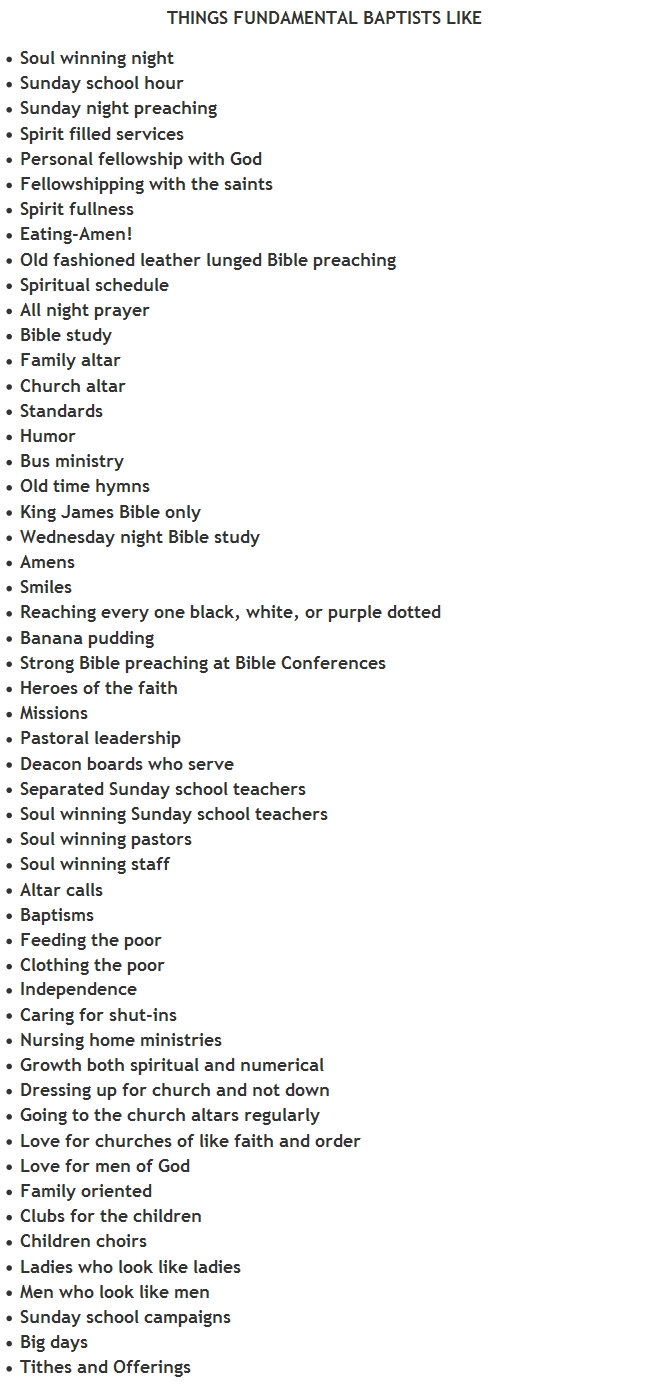Tonight I knelt on stony ground and watched people walk on fire. The crowd chanted in a religious fervor that approached a fever pitch almost as hot as the coals glowing on the ground and rushed forward to meet the fire walkers with such vigor that I actually feared for my own safety as the crushing weight pressed me back against the barriers where we were standing. All I could think was that my dad was right when warned me that Pentecostals sure do get crazy sometimes. (That last statement is a joke and is not intended to have any basis in reality. I do that sometimes.)
All joking aside, Hindu people present took great pride showing us their devotion and sacrifice giving us seats so close we could feel the heat of the coals on our faces. We’re told that the fire walk is the culmination of a vow to their gods wherein a person promises that if something they want comes to pass that they will return that honor to the gods by literally walking through fire. Earlier in the day we saw a man walk with shoes made of nails and a woman with both cheeks pierces through with a metal rod as a sign of the same type of sacrifice in response to a vow. It made me think how petty our Christian “worship” must seem sometimes when we merely sing about how great our God is but often fail to follow through with any physical sign that we are serious. A few tears and a rockin’ guitar doth not worship make.
It would be all to easy to look the complete differences between that fire walk and the average Western church service and draw the conclusion that what Sri Lanka really needs is to clean us its theology before working on its economics. After all, to those of us who grew up in fundamentalism, the word “mission” means “church planting.” The theory goes that if you send missionaries to a foreign land and convert the heathern there, and get them tithing to a good Bible-believing church that their lives will then automatically improve. God will bless them and give them enough food to eat, better homes to live in, and (most importantly) enough money to support a full-time pastor. But even if the people stay poor, then at least they’ll be rich in spirit and if they should happen to die of hunger or disease then their eternal soul is safe and that’s what really matters. Isn’t it?
For some strange reason, however, the Scripture is full of instructions to take care of the poor – even the poor who haven’t joined your church or professed to love your God. At some point we have to ask ourselves if our charity is merely a calculated means to some religious end. What if we give some of those children who surrounded the fire pit tonight enough to eat, a place to stay, and an education only to realize they never became a Christian as a result of our efforts? In an eternal sense was that money and time a waste? The churches we grew up in would probably say that it was. There’s no point saving the body if we lose the soul. In fact, a little suffering is good for the unsaved person. We want them physically miserable enough to look to us for spiritual answers. A little pain is a great motivator.
If the Christian life is one of neighbor-love then does only helping those who are keen to believe as we do really love at all? When Christ identifies himself as being the sick, the hungry, the imprisoned and states very plainly that charity done to those in need is in fact done to HIM, are we then to believe that he then implicitly added “but only if they’re either believers or likely to get saved shortly after you help them.” But unfortunately we all too often are found sitting in the lawyer’s seat asking “who is my neighbor?” as if we hadn’t already heard the resulting parable and still think that we’ve found a clever way to avoid helping those who are not just like us.
Sri Lanka is a country that is majority Buddhist and Hindu. It’s also a country of great need. The mission here is focused not on conversions but on showing neighbor-love through works of charity and kindness to children of all religions and background. Food, medicine, and clothing is not bait for some gospel trap set to snag the vulnerable. World Vision helps sponsor children because our God is love. And love is not a feeling it is an action verb and it requires action to make itself reality.
Just because our God does not require that we walk on hot coals to show our love and sacrifice does not mean that He does not require outward signs of the love we claim to have for Him. Who is your neighbor? Who is mine? I’d encourage you to search your own heart and then look to the needs around you for the places where you can show that love in a real and physical way.
If you’re not sure where to begin, check out the child sponsorship program and find out about kids who at this moment need a meal more than a sermon, a friend more than a tract, and most of all need to know that somebody in this world care about them enough to be their neighbor.





